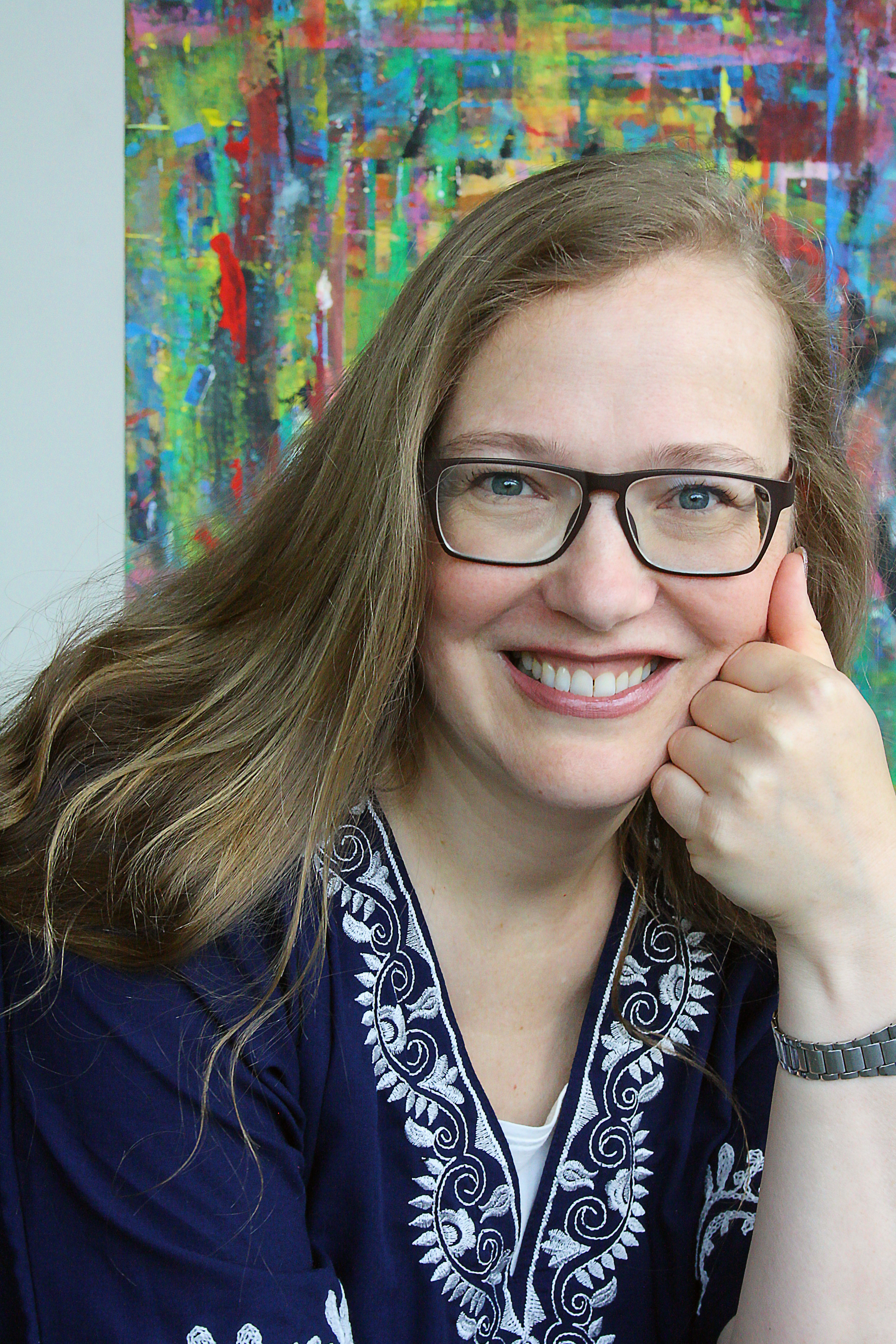
Talking to each other - also about stigma
It seems like yesterday to us: The annual Mental Health Week took place from 10 to 20 October. In its context there were so many publications and actions - e.g. also our first live support talk of REDEZEIT FÜR DICH at the Hamburg Espresso House Alstertor. Thank you for your visit. Thank you for your openness and the many touching and intensive conversations. We at LESEZEIT believe that mental health should ALWAYS be a topic. That is why, together with author Nora Hille, here is a review of the Mental Health Week with a focus on the topics of stigmatisation of mentally ill people in our society and anti-stigma work. Because there is still a lot to be done in the latter area.
Motto: Talking lifts the spirits
This time, the motto of Mental Health Week was "Talking lifts the spirits - mentally healthy in our society". Because only if we talk about mental health, and about mental challenges that every healthy person knows, as well as about mental illness, can we reduce fear of contact and instead support each other, promote social cohesion and prevent stigma.
Mentally ill people are no longer a marginalised group
People with mental illnesses have long since ceased to be a marginalised group, which is precisely why understanding for each other is urgently needed. Statistically, more than every fourth adult in Germany suffers from a mental illness in the course of a year - a figure with a rising trend. In the course of their lives, one in three will be confronted with a mental illness. And presumably, in addition to our own mental crises and challenges, each of us privately knows one (or even several people) who has to struggle with a mental illness at times.
The world we live in is becoming more and more uncertain: due to the Ukraine war, inflation, exploding energy prices, the Corona pandemic, the climate crisis, refugee flows and famine in developing countries, etc., we are all permanently under constant psychological stress. As a result, the importance of mental health - and especially the idea of prevention - continues to grow.
Anti-stigma work: commitment to equal coexistence
In addition to the immediate suffering caused by their illness, mentally ill people repeatedly experience exclusion and discrimination in our society, including the most vicious insults and discrimination. This is extremely painful and unsettling for those affected. This can lead to social withdrawal, massive devaluation and self-stigmatisation.
That is why the Action Alliance for Mental Health (Aktionsbündnis Seelische Gesundheit), as a nationwide anti-stigma initiative, and with it the more than 140 affiliated member organisations (including REDEZEIT FÜR DICH), are committed to ensuring that mental illnesses are no longer taboo and that people with mental illnesses are no longer stigmatised. Even more: With the help of anti-stigma work, it is important to create an equal coexistence between healthy and mentally ill people.
Read more (in German)
The current column "Mental Health Week: Let's talk - about stigma too!", written by Nora Hille for the online magazine FemalExperts, addresses the following aspects, among others:
▶ Mentally ill people are valuable discussion partners
▶ The continuum model: What is healthy, what is already sick?
▶ Definition of stigma and stigmatisation
▶ Examples of stigmatisation
▶ About the effects of stigma
▶ Definition of self-stigma
▶ Anti-stigma work and anti-stigma initiatives
▶ Personal anti-stigma commitment

About the author
Nora Hille, born 1975, married, two children. Studied history, literature and media studies. 12 years working in the field of communication/PR. Retired for health reasons. Writes as an affected person and experience expert on the topics of mental health and mental illness. Is committed to anti-stigma work, i.e. against the stigmatisation (exclusion) of mentally ill people in our society for more togetherness, tolerance and equality. She also writes literary essays, poems and short prose.
